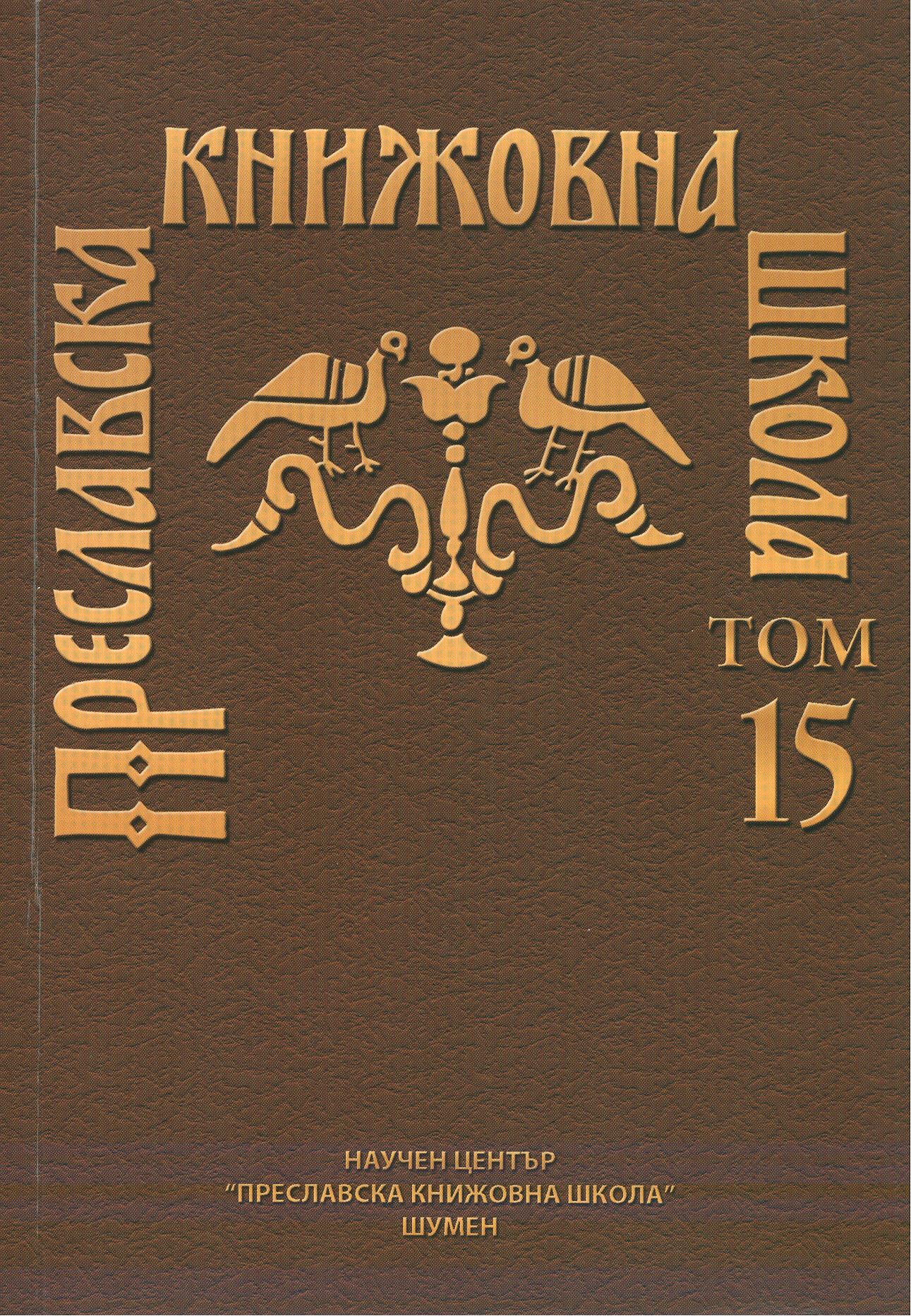ПРЕДСТАВАТА НА СРЕДНОВЕКОВНИЯ БЪЛГАРИН ЗА ГРЕХОВНОСТТА СПОРЕД ОРИГИНАЛНИТЕ СЛОВА В СБОРНИКА ЗЛАТОСТРУЙ ОТ ХII ВЕК
THE CONCEPT OF MEDIEVAL BULGARIAN FOR SINFULNESS ACCORDING TO THE ORIGINAL WRITINGS IN THE TWELFTH CENTURY ZLATOSTRUY COLLECTION
Author(s): Maria Tomova-MihnevaSubject(s): Language and Literature Studies, Studies of Literature, Bulgarian Literature, Philology
Published by: Шуменски университет »Епископ Константин Преславски«
Keywords: Old Bulgarian works; John Chrysostom; Zlatostruy
Summary/Abstract: Christianity imposes on Bulgarians many norms of life and behaviour to abide. Although a part of the canons of the newly adopted religion overlap with the century-old laws of Bulgarian system of state pursuing thieves, frauds and murderers, there are Christian norms that were not only unknown by that time, but were openly rejected by part of our newly-christened society. Foreign clergy, officiating in Latin or Greek, do not implement proper preaching activity, therefore in the life of our nation observance of Christian norms is often replaced or duplicated by performing old pagan or dualistic rituals, which violate the first commandment: "You shall have no other gods before me" (Exodus 20:8; Deuteronomy 5:7). That is why one of the most important matters of Christianity - the matter of sin and its Christian dimensions - becomes a problem of the present day in the early old Bulgarian preaching tradition and is scrutinized both in translation and in the original texts of the twelfth century Zlatostruy. The thematic variety of the writings in the collection is enormous: the themes of sin, and how to overcome it through fasting prayer and penance, are repetitive and invariably interpreted. Filled with kindness, patience and perseverance, the sermon (the translated one and original one) touches the hearts and souls of believers. The vivid and memorable images of sin and its deformed manifestations gradually bring listeners in the sense of Christian doctrine. Thus, at the forefront in the writings is displayed the so peculiar appeal of Zlatostruy’s sermon to reasonable and conscious relation of man to his spiritual and everyday life, to his own salvation: "Keep the commandments of God and do not turn left or right!", "Live as Christ ordains!" "Read the scriptures and be ready for the Day of Judgment!", "Save the purity of your soul!", "Turn from evil and do good!" – this is what the preacher teaches his spiritual children. The author of the original works in the written record seeks not so much to interpret the concepts and sacraments of the new religion as to urge the newly-christened people towards respect to the Christian norms, to moral purity and spiritual elevation, to awareness of the detrimental effects of sinfulness. The Christian believer is being required to measure and exert self-control over desires and feelings, mental motives and behaviour. The propensity of the rich to live a lavish and dissipated life, lack of mercy and compassion for the poor are subject to condemnation as in the writings of John Chrysostom, as well as in the original Old Bulgarian works. Both were written at a time when Christianity strengthened its position in a battle with the old pagan beliefs that social differences are consequential and natural. Also in this battle Christianity was a winner because it preached that all are equal in front of the single God – the master and the slave; the poor and the rich; the young and the old. Every sinner might deserve the Kingdom of God, purifying his soul from evil and sin.
Journal: Преславска книжовна школа
- Issue Year: 2015
- Issue No: 15
- Page Range: 223-231
- Page Count: 9
- Language: Bulgarian

